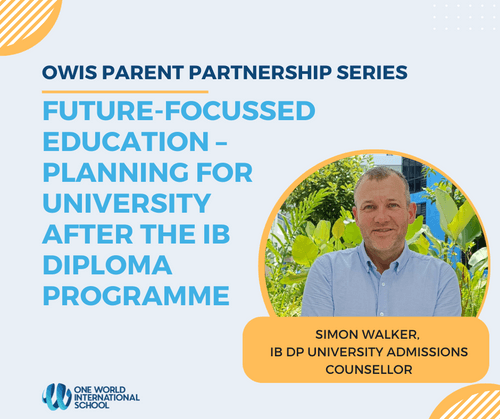Schools were once considered to be reserved exclusively for academic development. In today’s modern world, educators know that the best schools offer children a safe space to grow and develop into well-rounded individuals. At the leading international schools in Singapore, holistic development is a top priority.
Holistic Development During Early Childhood
Most individuals may not remember their early childhood, but their development during the critical years between birth and the age of five will have an impact on their life. Holistic development during early childhood education and primary education can provide children with a solid base to rely on as they grow and learn more about themselves. In an environment that supports well-rounded education, children feel safe and secure because they know they can ask questions, make mistakes and freely discover the world around them.
Facets of Holistic Development
Holistic development encompasses every aspect of a child’s growth. This includes:
- Physical health
- Mental well-being
- Social, emotional and spiritual development
By supporting holistic development during early years, children can create a foundation for success moving forward. Children who attend a school where overall development is a priority, are generally more confident and secure as they continue their education.
Why Holistic Development Is Important at International Schools in Singapore
Prioritising holistic development at international schools in Singapore is important because:
- In an environment that supports holistic growth, children are likely to be more aware of their emotions. They can identify their feelings and manage them accordingly.
- Children can successfully navigate various social situations, giving them the confidence they need to interact with a diverse range of people.
- Children learn to become responsible for their learning and discover how to rely on voice and choice throughout their education.
- Students discover their natural ability to empathise and be compassionate through a values-based curriculum.
- Children at the school can enjoy an active lifestyle, and the curriculum is implemented in a way that prioritises fine and gross motor skill development.
How Parents Can Support Holistic Development During the Early Years
Choosing an international school that emphasises holistic development is an important step in supporting your child, but you also need to make an effort to encourage growth and development in their home environment. You can support holistic development during the early and primary school years by:
- Spending time outdoors with your child Go on hikes, walk along nature trails and visit local playgrounds.
- Drawing or painting together This will encourage creativity in your child, assist with stress management and promote fine motor skill development.
- Creating opportunities for your child to play and socialise with other children. Whether they are spending time with family or trying an independent activity in a group setting, your child needs to experience a variety of social situations to thrive.
- Reading together This is a bonding activity that can not only help your child feel safe and secure but also promotes academic development and literacy.
- Participating in a community service project together By showing your child they can get involved, they will see how they play a valuable role in the community. This also helps to develop your child’s moral compass.
How OWIS Digital Campus* Can Support Your Child’s Holistic Development
OWIS offers globally recognised curricula, catering to different age groups. We offer IB PYP for youngest learners, Modified Cambridge Curricula for Grades 6 to 8, Cambridge IGCSE for Grades 9 to 10 and IB Diploma for Grades 11 and 12. Similar to our Nanyang and Suntec campuses, One World International School (OWIS) Digital Campus* will also be known for providing the IB Curriculum to support the holistic development of students. Additionally, it will support your child’s holistic development by:
- Embracing the power of technology to allow children to develop critical 21st-century competencies.
- Providing children with time to play outdoors in various playgrounds on campus. Our Digital Campus will feature several play areas, each designed to cater to different sports.
- Giving children a chance to discover their interests through our ECA and CCA programmes.
- Offering pastoral care to guarantee the physical and emotional welfare of each student.
With every child’s holistic development in mind, we designed OWIS Digital Campus to provide students with access to resources and facilities they need to develop critical 21st-century skills and acquire the knowledge needed for a lifetime of academic success.
For more information about our upcoming campus, please register your interest today.
*Proposed site for an international school that will open in August 2023 subject to regulatory approvals.














